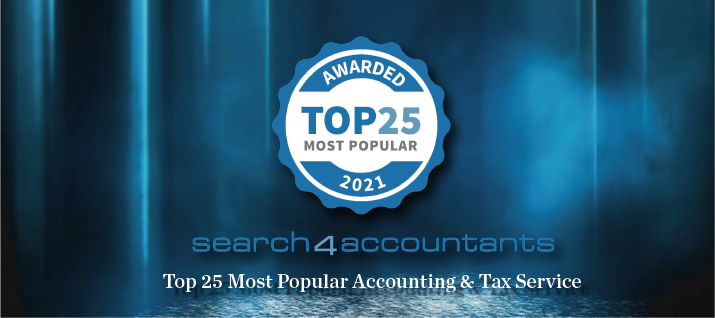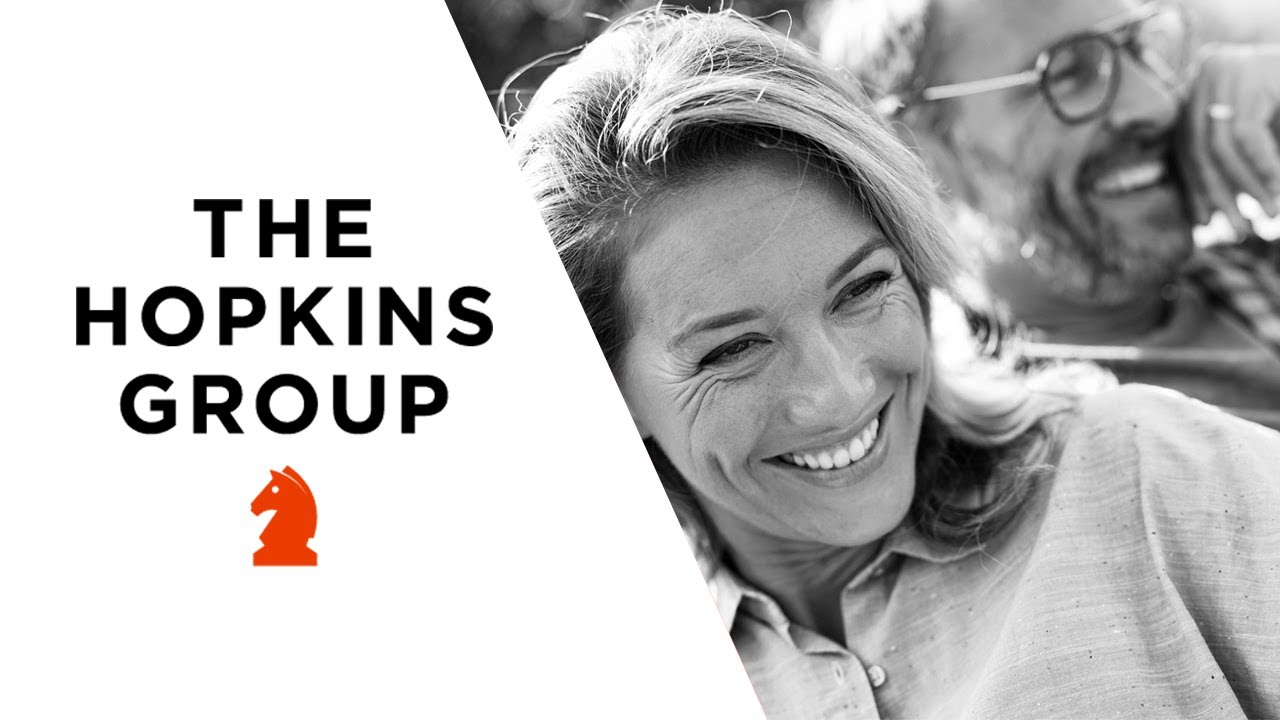At some point in our working lives, many of us have fantasied about switching our 9-to-5 office job to the luxury of working from the comfort of our lounge room. I certainly have; after all, at one point it was taking me two hours every day to get ready and commute to work. When saving money is an option – there’s no need to pay for public transport or fuel if you don’t leave the house – I’d readily choose to avoid the stress and unpleasantness of the daily commute.
But it isn’t only the cost of the commute that can save you money. If you’ve got your own little work den set up at home, there could be tax deductions waiting for you!
How do you claim home office expenses?
The deductibility of your home office expenses depends on whether you work from home out of convenience or whether you run your business from home. The ATO has very clear distinctions between the two.
Home business
According to the ATO, a home-based business is one where you operate the business under either of the following circumstances:
At home – that is, you carry out most of the business’ work at your home, for example, a dressmaker who does all their work at home, with clients coming to their home for fittings
From home – that is, the business does not own or rent any premises other than your home, for example, a tiler who does most of their work on clients’ premises but does not have any other business premises.
To work out which of these distinctions apply to you, ask yourself:
- Do you meet clients at home? If yes, then you work at home
- Is there a separate entrance for your clients? If yes, then you work at home
- Do you have an alternative workplace from which you operate? If yes you are most likely working from home
- Is the area you work out of used for any other purpose? If yes, then you work from home
Whether you operate your business from or at home, as long as the ATO agrees you’re operating a legitimate business, you’re eligible to claim the following deductions:
1. Running cost
If you work at or from your home, you are entitled to claim monthly running expenses. This includes the cost of using the room you’re working out of – e.g. heating, lighting, air conditioning, work phone costs, the depreciation of office equipment and the general workplace environment – curtains, carpet, etc.
2. Occupancy cost
For sole traders who work exclusively out of their home, you may be able to claim a portion of your rent, mortgage, insurance and rates.
Be aware that if you are able to claim occupancy home office expenses, it will affect your ability claim a main residence exemption for capital gains tax purposes.
Home Study
If you use your home as a workplace out of convenience and your principal place of work is not in your place of residence, you’re not out of the tax-deduction picture. While occupancy cost is not deductible, you may still be able to claim the running cost of your home office.
How much you can claim for your utilities?
There are two methods to claim your utilities expenses:
1. Set rate
The first method makes use of a set rate – determined by the Commissioner – of $0.52 per hour of business usage. The only substantiation you require to claim this is a logbook detailing your business usage over a four week period. The $0.45 per hour rate covers both the cost of utilities and depreciation on furniture.
Example: Dany occasionally works from home on the weekend. She estimates she works from home 16 hours per week based on diary entries for a representative four week period. This means Dany can claim $399 (16 hours x 48 weeks x $0.52).
2. Percentage of actual bill
The second method involves claiming a percentage of all your utilities bills across the financial year. In order to claim a deduction using this method, you will need to first establish what percentage of your overall utility use is attributed to your business usage. There is no guidance on how this percentage can be calculated but you do need to substantiate your claim. A bona fide estimate based on a reasonable percentage of the household bill will be accepted, as long as you can provide a basis for your reasonable estimate.
Example: Ellen operates a business from home. The business has home office running expenses, including utilities expenses. She incurred $1,000 of utilities expenses in the current financial year. She calculates that the business related expenses makes up 40% of the total cost, based on her diary entries across a representative four-week period. In her tax return, Ellen can claim $400.
How much you can claim back from your home phone and internet?
If you use your own phone and internet exclusively for work purposes, you can claim a deduction provided you have sufficient records to support your claims. If you use your phone and internet for both work and personal purposes, like your home utilities, you’ll need to calculate the percentage that reasonably equates to your work use. For more information on this type of claim, please see advice on the ATO website.
Keep those receipts!
Like all deductions, you need to be able to substantiate your claims. For any of these claims to be credible, you must keep accurate and up-to-date records. For home office expenses, these records include:
1. Equipment Diary – You’ll have to record how much you used your office, phone, and equipment for business over a four week period.
2. Itemised Phone Accounts – An itemised phone account will help you identify what calls you made for business purposes.
3. Receipts – Any expense you wish to claim must have proof in the form of receipts or written evidence. This includes any depreciating assets you’ve purchased over the tax year.
If all this seems overwhelming, don’t worry – you don’t have to go at it alone! While claiming home office deductions can add a layer of complexity to your annual return, it can be rewarding. If you’re entitled to a deduction, don’t let yourself miss out because it seems too complicated – it really can be as simple as getting advice from an accountant. The team here at The Hopkins Group are tax experts so you don’t have to be – we’re here to help you maximise your return for you. If you’re ready to get the most out of tax season, contact The Hopkins Group today!
—
General advice warning: The information contained herein is of a general nature only and does not constitute personal advice. You should not act on any recommendation without considering your personal needs, circumstances and objectives. We recommend you obtain professional financial advice specific to your circumstances.
Article first published 15 June 2018. Last Updated: 27 March 2020









